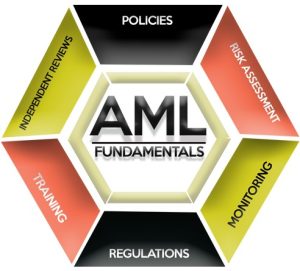Board of Directors Oversight: Lessons from the TD Bank Case Study


Recently, while scrolling through my LinkedIn feed, I came across a publication which looked at the priorities of Boards for 2025, published by boardmember.com and entitled “What Directors Think 2025.” From the survey conducted, matters of regulatory compliance ranked twelfth on the list of top priorities for 2025. When quizzed as to topics for the agenda of the next board meeting, regulatory compliance was ranked tenth by responders to the survey.
In this paper, we consider Board of Directors Oversight and the lessens to be learnt from the TD Bank Case.
Key Takeaways:
- Active Oversight Reduces Risk. Boards that engage deeply with AML data uncover gaps before they become crises.
- Expertise Drives Effectiveness. Directors with AML compliance backgrounds help translate complex regulation into actionable board agendas.
- Accountability Ensures Delivery. Regular tracking and independent verification build confidence that controls work.
- A Culture of Compliance Protects Value. Boards that visibly prioritize AML compliance safeguard the institution’s reputation and financial health.
Let’s explore Board of Directors Oversight; Lessons from the TD Bank Case Study